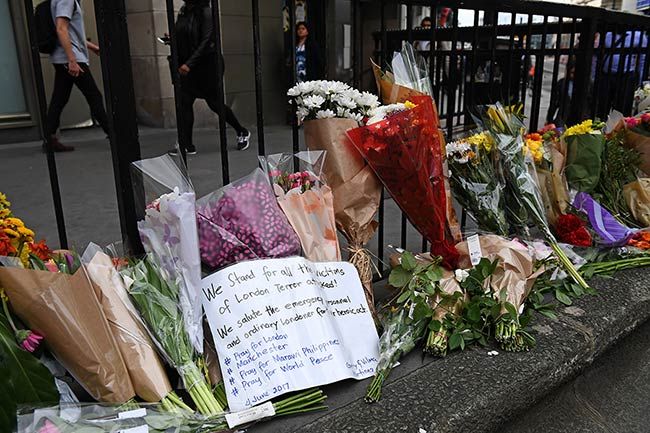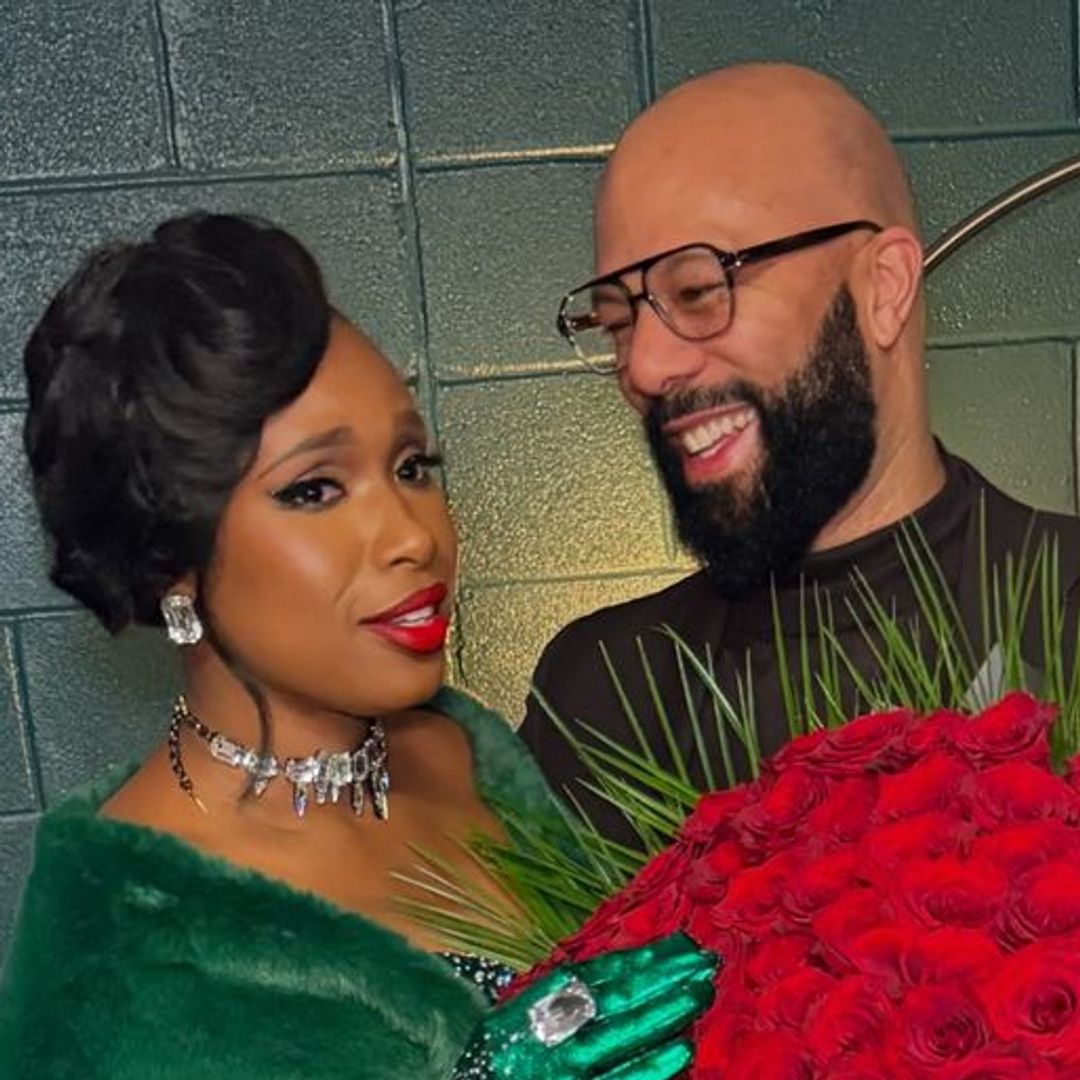It can be a challenge for parents to speak to their children about frightening topics, and to avoid worrying their young ones. In the wake of the terror attacks which have taken place in Manchester and London in the last few weeks, HELLO! spoke to CBBC's Newsround deputy editor Kirsti Adair about how to speak to children about such events.
READ: What should parents tell their children about terrorism?
Newsround has been praised for the way it has reported on the terror attacks
Kirsti opened up about how the news show, which is aimed at children, handles presenting difficult news items. She said: "Our priority is to make sure we provide children with the facts of what happened in a way that doesn’t upset them, but also to give them context and reassurance. We don't want to shy away from the reality but we also don't want to terrify the children watching. We won't show graphic images or people in distress. Instead, we often use animation to present these concepts to our audience."
The deputy editor also explained that they often focus on the human element of these terrible events. "We will also focus on the 'helpers' in any situation to try to reflect that there is much more good than bad overall," she said, adding: "It is sometimes surprising just how aware some children are of what’s going on in the world, and to that end we know we should never underestimate them. They are often quite open to talking about difficult topics if they feel they are contributing something."
So how should you talk to your children about the attacks? Kirsti said: "I don't think we can advise parents on what to tell their children because they will know them best. But in our experience, young people can better handle difficult facts if they are presented with a degree of reassurance and some context." She continued: "Children will worry about similar things happening to them and their families. We have to be honest with them. In our coverage we try to say that yes, when terrorist attacks happen they are dreadful, but the reason they are in the news is because they are unusual events. They are still unlikely to happen to you or someone that you know."










